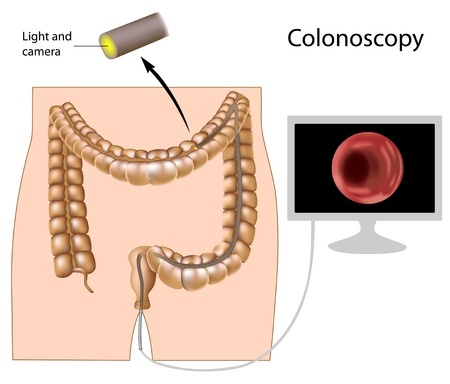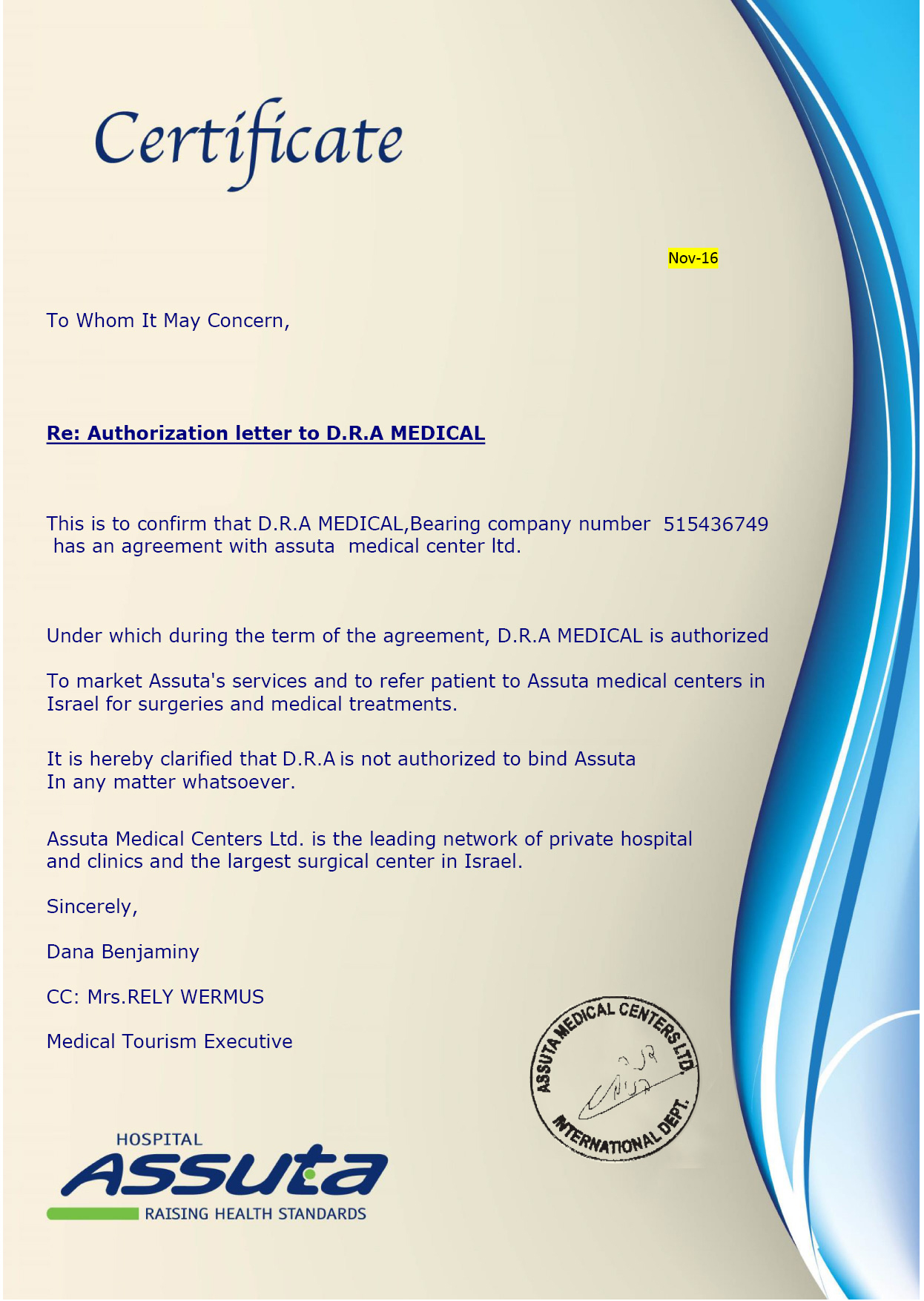Chief physician
Prof. Abraham Kuten
Oncologist
Why is it done?
A colonoscopy is an outpatient medical examination that perceives unexpected alterations in the large intestine, sometimes referred to as the colon, and the rectum. Examples of unexpected alterations include atypical tissue or pockets of tissue called polyps. If you suffer from gastrointestinal issues, such as abdominal pain, chronic constipation, chronic diarrhea, or rectal bleeding, then your physician may perform a colonoscopy in an effort to help identify the source of your condition. Colonoscopies also screen for colon cancer. So, if you are 50 years of age or older, then your doctor will most likely recommend you have a colonoscopy every 10 years. But if colon cancer runs in your family, your doctor may recommend you have a colonoscopy more frequently.

Before Your Colonoscopy
Prior to the exam, your doctor will give you a list of instructions to prepare you. Among the instructions, you should be advised to take the day off from work, as you will want some time to convalesce. In addition to these instructions, you must drink a bowel prep solution provided to you in order to empty your bowel. As a result of drinking the solution, you may experience some nausea or vomiting as well as skin irritation around the anus from passing loose stools.
The Colonoscopy Procedure
During the exam, you will be asked to remove your clothing, put on a gown, lie on your side, and pull your knees up toward your chest. Your doctor may give you a mild sedative along with intravenous pain medication to make your experience as comfortable as possible. Once you are properly sedated, your doctor will gently guide a tube-like instrument called a colonoscope into your rectum, which may cause you some discomfort or pressure like you need to move your bowels. The colonoscope has a light and a camera on it, which will allow your doctor to view and record the environment of your colon on a monitor. Meanwhile, the tube itself allows your doctor to pump air into your colon in order to inflate the lining of your colon for better visualization. Depending on your doctor’s findings, he or she may insert other instruments through the colonoscope to remove polyps and take tissue samples for biopsy. The entire exam usually lasts from 20 minutes to an hour.
After Your Colonoscopy
Following the exam, allow an hour or so for your sedation to wear off. It can take up to a day for the full effects of the sedative to diminish; therefore, plan on having someone to assist you and drive you home. Your doctor will let you know whether he or she removed a polyp during the procedure, and if so, your doctor will also suggest you eat a special diet for a short period of time. Symptoms of bloating or excess gas after a colonoscopy are common, because your body wants to clear the air from your colon. However, walking usually helps to relieve these symptoms. Your first bowel movement after the exam may contain a small amount of blood, but this is normal. Nevertheless, if you continue to pass blood, experience consistent abdominal pain, or run a fever, then contact your doctor immediately.
 D.R.A Medical
Tel Aviv, Israel
+972-77-4450480
contact(at)dramedical.com
D.R.A Medical
D.R.A Medical
Tel Aviv, Israel
+972-77-4450480
contact(at)dramedical.com
D.R.A Medical











